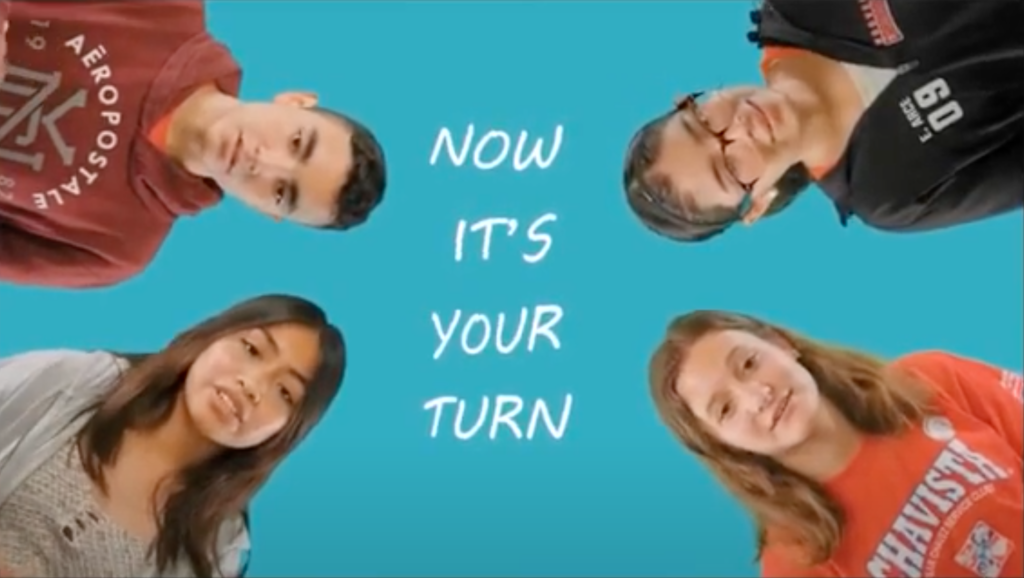
President Joe Biden is pushing for 70% of Americans to get vaccinated against the coronavirus by July 4 — but so far, young Latinos are resisting. Now new efforts are under way to convince Latino youths that the vaccine is safe.
To date, 63% of U.S. adults have received at least one shot of the COVID-19 vaccine. The rate of vaccinations has dipped dramatically from nearly 2 million a day in early April to 600,000 per day.
As Pulso has reported, Latinos lag behind other demographic groups when it comes to getting vaccinated — partially because of access, but also because of vaccine hesitancy. With the Biden administration pushing for new incentives to get people vaccinated, community health workers are targeting young Latinos, who are getting vaccinated at lower numbers.
In Los Angeles County, for example, just 24% of Latino men and 31% of Latina women ages 16-29 have received a shot.
“The lowest [vaccination] rates are among young Black and Latinx men and women, and it’s among the 16-to-29 year olds that we have the most work to do,” said Barbara Ferrer, director of the Los Angeles County Health Department.

A key issue has been false rumors on TikTok and YouTube. “That’s what the kids are into,” said L.A. high school principal Cynthia Gonzalez. Her school district is home to more than 40 vaccination sites. She said educators can play a part in convincing young Latinos and their families to get vaccinated.
“It has to be our role,” she said. “It has to be part of what we do if we expect to close this equity gap at any point during this pandemic.”
Among Californians age 33 and younger, Latinos comprise 71% of COVID-related deaths, but are only 45% of that age group’s population.
Now one organization is trying to meet young Latinos where they are: on social media.
The San Diego Latino Health Coalition recently launched a bilingual campaign aimed at Latino youths. The group organized a youth panel series featuring young Latinos speaking on the topic. It also created a video ad featuring four young Latinos encouraging their peers to get vaccinated.
“We’ve all lost something during this pandemic: hugs, jobs, family reunions. Some of us have even lost loved ones. Now it’s up to you to put an end to COVID-19 — for our community. We’ll be getting the vaccine; now it’s your turn. Roll up that sleeve,” the stars of the ad say.

“We really saw the need for the ‘Roll Up Your Sleeve, San Diego’ campaign,” said Lupe Flores, the coalition’s development and community relations manager. “Everyone’s on social media these days, especially the youth community and young adults. So, we’ve been focusing a lot on that to make sure [they] and their family members all know the vaccine is safe, it’s free.”
Aside from vaccination initiatives from community groups, many colleges and universities now say they will require the vaccine for students in the fall. The White House is also partnering with social media influencers, among others, to get young people vaccinated against the deadly virus.
Currently, individuals age 18 and older are eligible for the Moderna and Johnson & Johnson vaccines. Pfizer allows the vaccine for children as young as 12. The Centers for Disease Control and Prevention recommends everyone age 12 and older get vaccinated.
To find a vaccine nearby, visit vaccines.gov.



